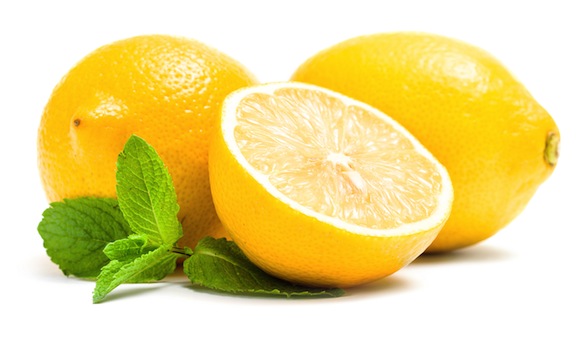Lemon is classified as an alkaline food in dietary food tables because of its metabolic transformation in the stomach due to the mineral salts it contains.
Not only does the lemon not decalify, but it plays a vital role in the processing and fixation of calcium in foods. Citric acid promotes the intestinal absorption of calcium, which is then routinely routed to the place of use. Without the intake of citric acid, calcium can be diverted from its destination or stopped by some obstacle during the assimilation process by the body.
Lemon does not acidify the body.
It is established that citrates are burned in the body and leave a moderately alkaline residue. The acidic salts of the organic acids lose their initial acidity by oxidation during the metabolism and give rise to the formation of alkaline carbohydrates having the properties and characteristics of the bases. Far from decalcifying the body, harming the skeleton, citric acid has a decisive effect in the retention of calcium.
A glass of lemon juice contains less than 25 calories. It is a rich source of nutrients such as calcium, potassium, vitamin C and pectin fibers. It also has medicinal values and antibacterial properties. It also contains traces of iron and vitamin A.
Lemon, a popular fruit for its therapeutic properties, helps maintain your immune system and thus, protects you from the flu of most types of infections. It also plays the role of a blood purifier. Lemon is a fabulous antiseptic and lime water juice also works wonders for people with heart problems because of its high potassium content. So, partake in your daily routine to drink a glass of hot lemon water in the morning and enjoy its health benefits.
So lemon has an antioxidant power on the body such as alkaline ionized water that produces negative ions (orp negative) through a process of electrolysis of the alkaline water ionizer.




